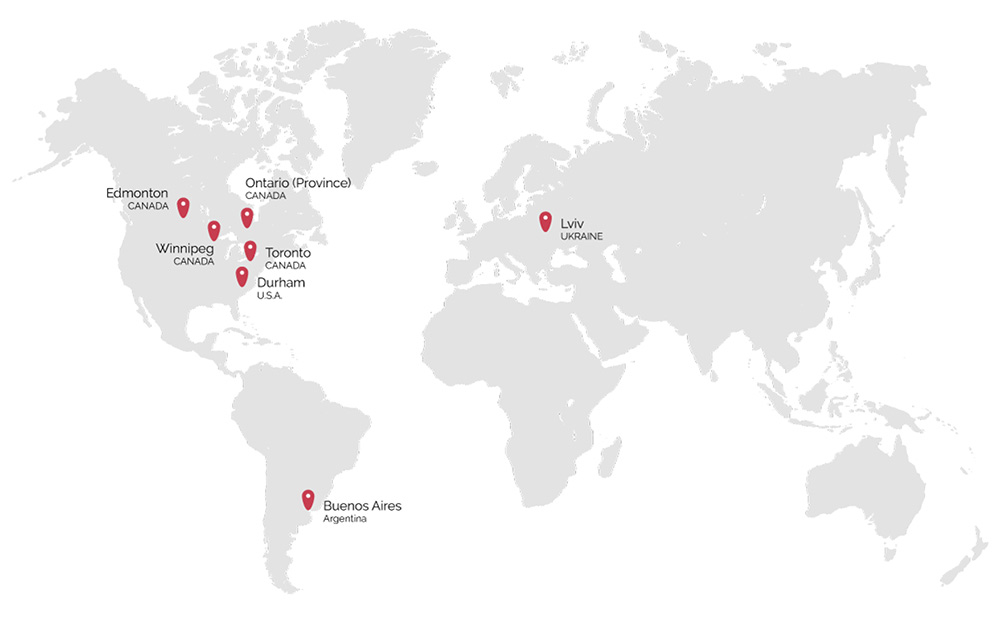In collaboration with the Open Data Charter Secretariat, OpenNorth interviewed city managers, local civic leaders, and elected officials from four cities in Canada, the Province of Ontario, and three cities around the world (Buenos Aires, Argentina; Lviv, Ukraine; Durham, NC, USA) to identify barriers to adoption of open data for governments and how support future needs.

This report examines the important role the Open Data Charter network can play in connecting local governments around the world. Of the 52 governments that have adopted the Open Data Charter, 35 are local or subnational (As of December 2017).
Report Findings
This report concludes with six important findings about open data for local government including that :
 There are strong incentives for cities to open up their data, and the Charter can help them to do this.
There are strong incentives for cities to open up their data, and the Charter can help them to do this. If “open by default” is applied to a city’s broader data management systems it can allow better internal data sharing, as well as improving access to information for citizens.
If “open by default” is applied to a city’s broader data management systems it can allow better internal data sharing, as well as improving access to information for citizens. Opening data does not automatically create a data literate public.
Opening data does not automatically create a data literate public. Achieving impact through open data requires interjurisdictional cooperation.
Achieving impact through open data requires interjurisdictional cooperation. Policy and standard development is not keeping up with the pace of change.
Policy and standard development is not keeping up with the pace of change. Governments cannot be ‘open by default’ without open procurement.
Governments cannot be ‘open by default’ without open procurement.
Our research found that municipalities are struggling to maximize the potential of open data and measure the impact on the lives of residents.
Funded by Open Data Charter in February 2018